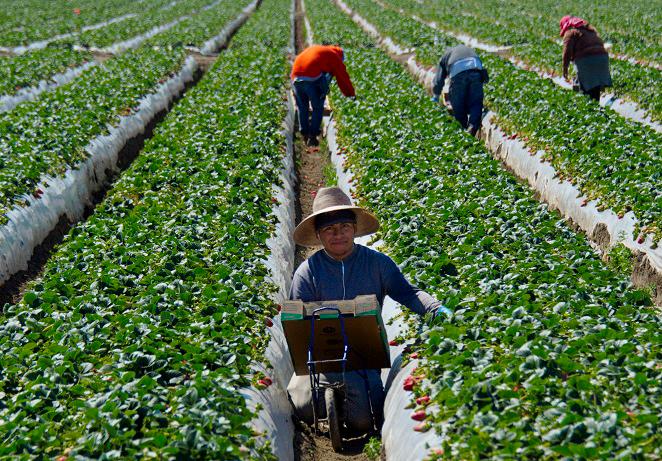There are 544,000 fewer farms in the United States than there were in 1980, and more than 151 million acres formerly tilled are no longer producing commercial crops.
There are myriad reasons why, but among the most prominent—especially for the nation’s disappearing small family farms—is labor costs.





